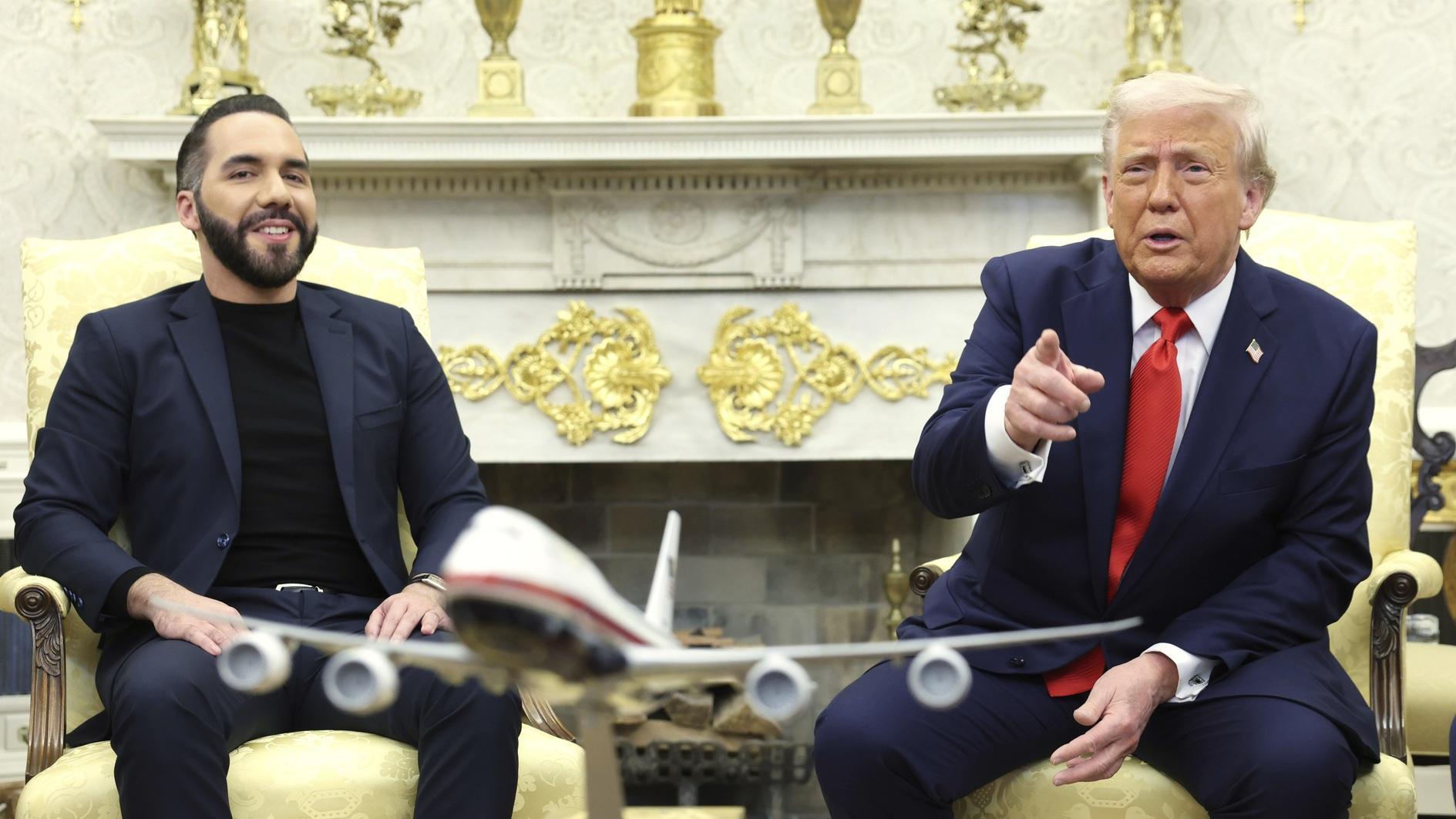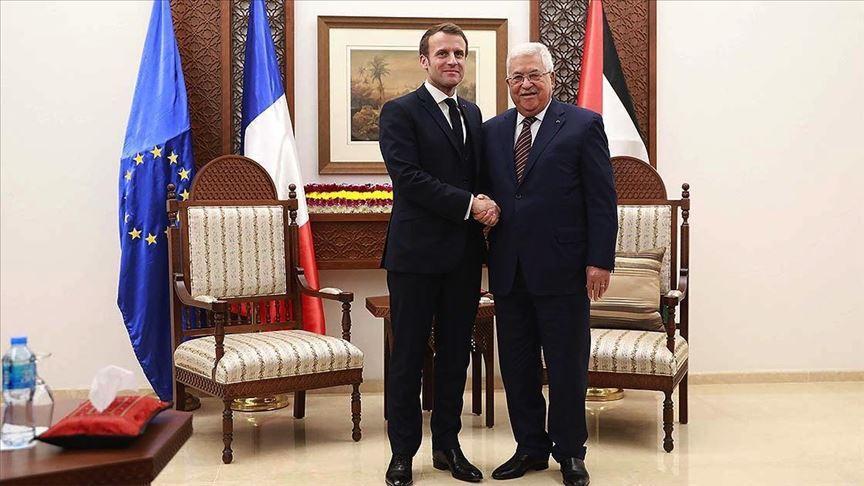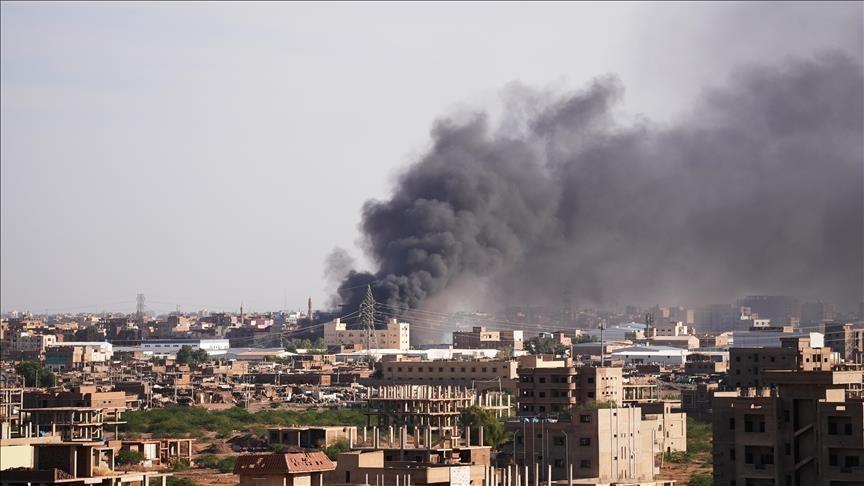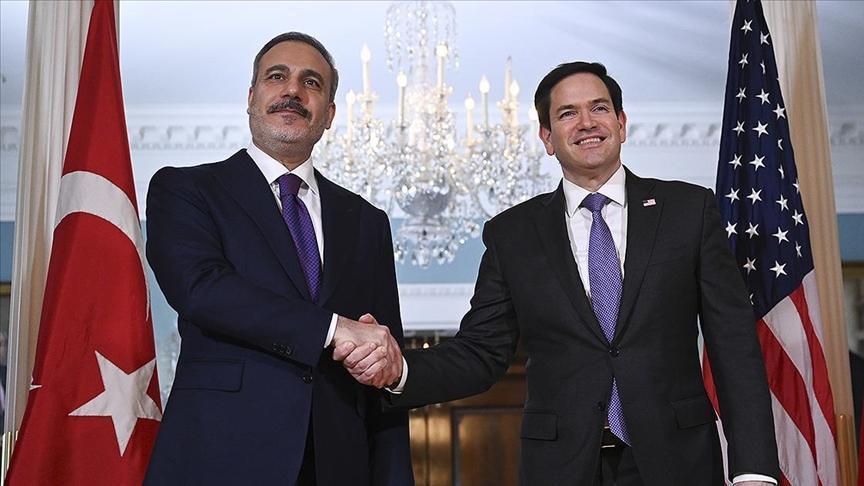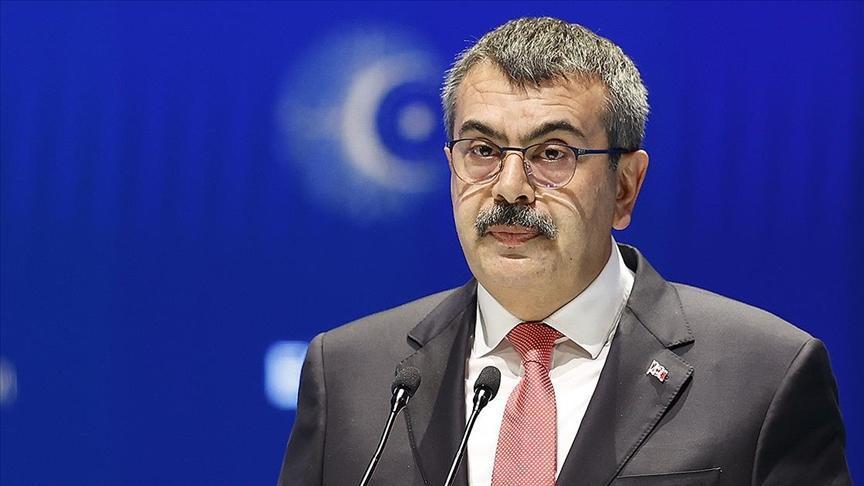Erdoğan has some tough choices to make
Leaving behind the recent constitutional referendum, Turkish President Recep Tayyip Erdoğan can now take a deep sigh of relief and deliberate on what kind of strategy he will adopt for the next presidential election, which will be his next political test.
While Erdoğan is doing this research, he will first have to make an objective and calm analysis of the April 16 referendum. Even though the ruling Justice and Development Party (AK Party) was able to safeguard its main body, it still suffered meaningful vote erosions in many of its strongholds.
The losses it suffered in Istanbul’s Üsküdar district, where Erdoğan lives, should therefore be scrutinized well. Answers should be sought for why some people, even if only a small percentage, who have always voted for him this time distanced from him. How can these losses be made up?
The second stage of these considerations would be evaluating the pros and cons of the decision to form an alliance with the Nationalist Movement Party (MHP), which constituted the main pillar of the president’s April 16 strategy.
After making this evaluation, Erdoğan has a number of possible options to consider.
In two-and-a-half years, in November 2019, elections will be held. His main goal will be to get elected in the first round, as a politician who has won every election he has entered for the past 25 years. To win in the first round he has to win more than 50 percent of the votes, as in the 2014 presidential election when he received 51.79 percent.
If Erdoğan cannot achieve this, he will have to run in the second round and compete with the one other candidate left. The math for the support given to him in the recent referendum is on a knife-edge. This will oblige him to make a new alliance or alliances for the first or second round.
In the June 2015 election the AK Party’s vote fell to 40.87 percent but rose to 49.49 percent in the November 2015 election under extraordinary circumstances. Despite allying with the MHP in the April 16 referendum, the “Yes” side only won 51.5 percent. What’s more, in big cities in 21 provinces, the total number of “Yes” votes was lower than the number of AK Party votes in the November 2015 election.
So where will Erdoğan look for the support he needs to secure his win in 2019?
Starting with the most possible scenario, he could try to win back the segments he lost within the AK Party. That may not be so difficult in a presidential election, rather than in a constitutional referendum.
After tidying up his own yard, one of the options he has is to try to maintain the alliance with the MHP that he formed for the referendum. However, the recent referendum blatantly showed that this alliance was not able to create the synergy hoped for. Despite a small segment of the MHP that voted “Yes,” a bigger segment of the party voted “No.”
There is a second option for Erdoğan: Kurdish votes. Conservative Kurds in big cities and in the southeast are traditionally AK Party voters. In the referendum, Erdoğan also received some degree of support from Kurds who are otherwise close to the Peoples’ Democratic Party (HDP).
There are segments in the southeast that feel exhausted by the outlawed Kurdistan Workers’ Party (PKK) and have reacted against the HDP for not generating any policies after the June 2015 election. They may also think that the presidential model could be more beneficial in terms of political and cultural gains for the Kurds.
As a result, in almost in every province in the east and southeast, “Yes” votes were higher than the total number of AK Party votes in the November 2015 election.
An alliance with Kurds would necessitate certain fundamental changes in Erdoğan’s Kurdish policies. Even if this does not mean a total revival of the peace process, it may mean a kind of “reheating.” The president has shown on several occasions in the past that he has the flexibility to make sharp turns in order to reach his goal if his political interests call for it.
However, especially if he has to run the second round, Erdoğan may opt for a third alternative, such as seeking partial gains from both MHP voters and conservative Kurdish voters. Indeed, it was this blend that to a certain extent has its signature on the outcome of the April 16 referendum.
Erdoğan will not yet have made a decision, but he has probably already started weighing up all of these options in his mind.



